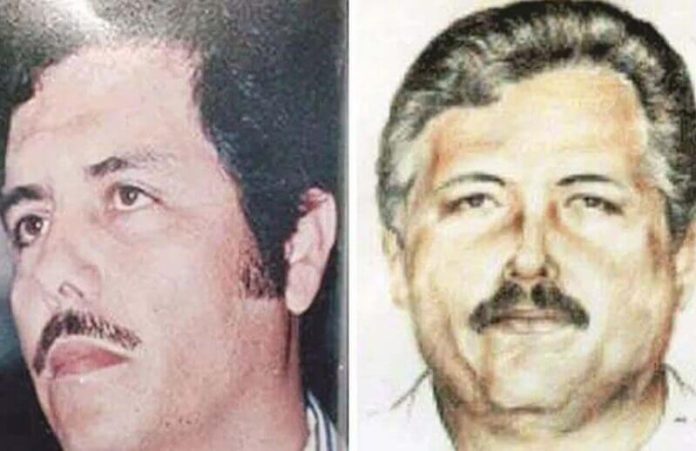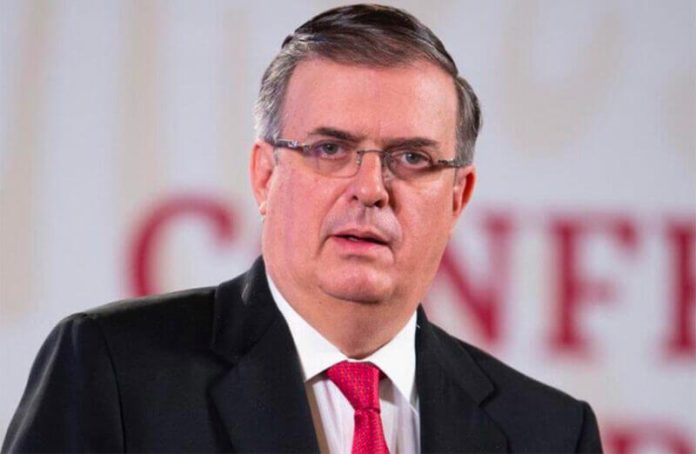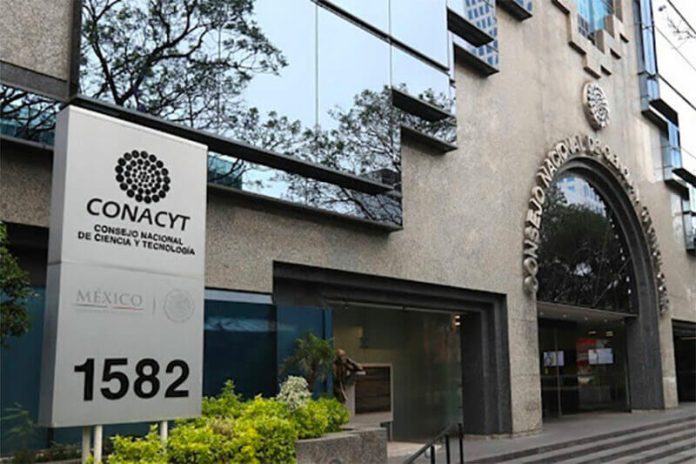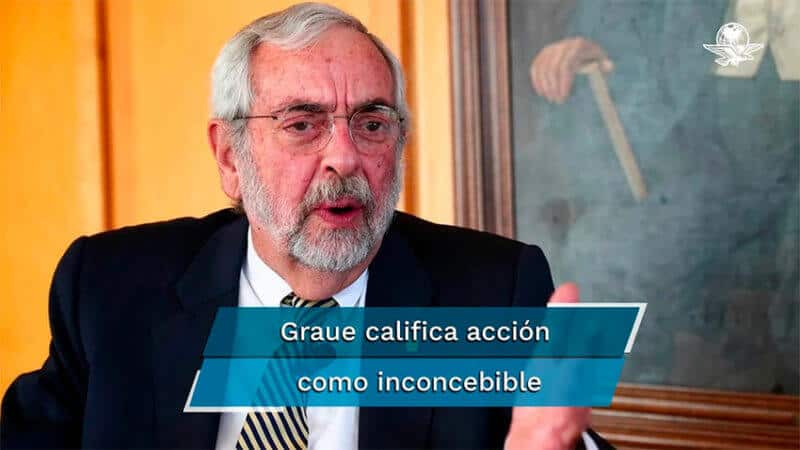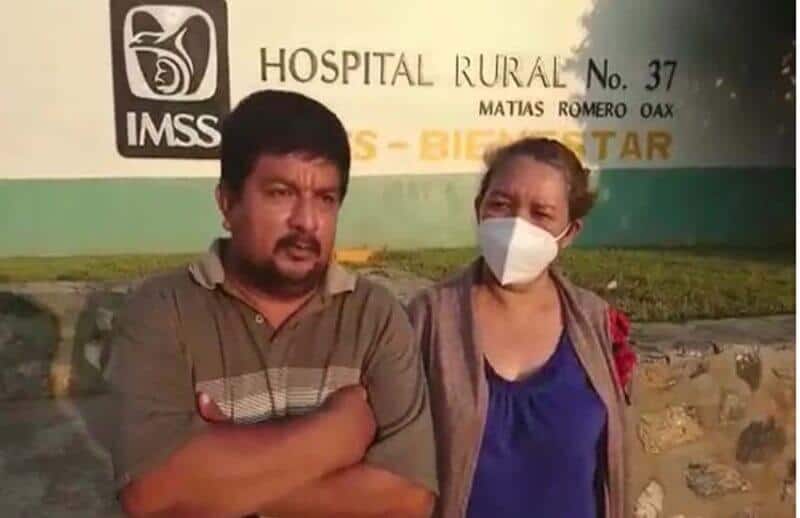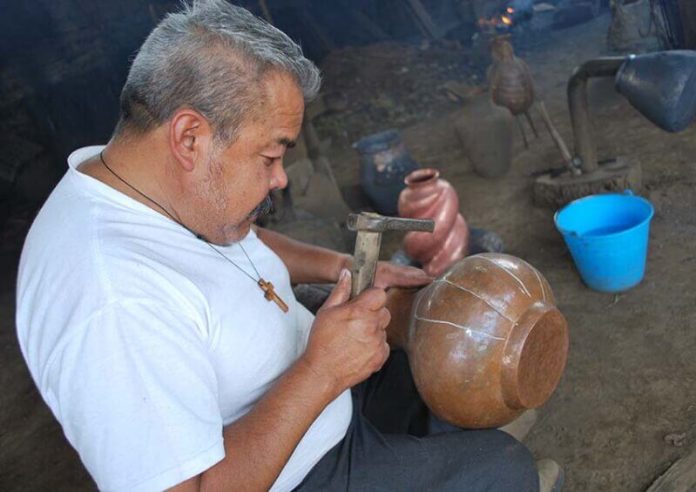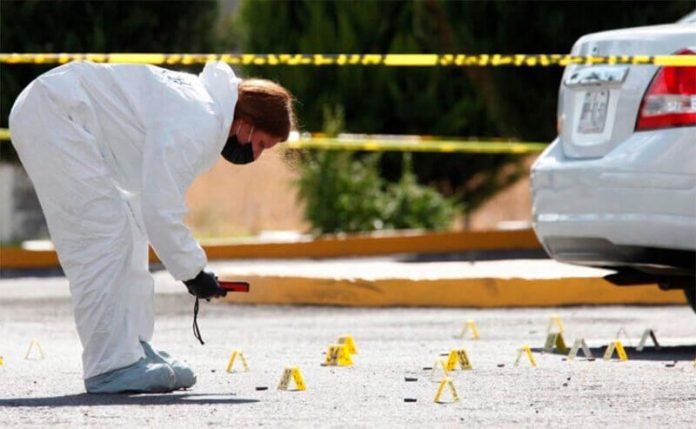The United States is now offering three times the reward it previously set for information leading to the capture of alleged Sinaloa Cartel leader Ismael “El Mayo” Zambada García.
The U.S. Department of State announced Wednesday an increase from US $5 million to $15 million for information that results in the arrest and/or conviction of Zambada, a 73-year-old former poppy field worker who is presumed to be the cartel’s boss since Joaquín “El Chapo” Guzmán was arrested in 2016.
The reward is offered under the State Department’s Narcotics Rewards Program, or NRP.
“Zambada García is a longtime business partner of convicted Sinaloa Cartel leader Joaquín Guzmán Loera, also known as, ‘El Chapo’ and is charged in several U.S. indictments along with El Chapo and his sons. The increase is commensurate with his leadership status in the Sinaloa Cartel,” the State Department said.
“This reward offer directly complements the derivative designations announced today by the Department of Treasury,” the State Department continued. “Treasury’s designations are being made pursuant to the Foreign Narcotics Kingpin Designation Act of Zambada García’s Sinaloa Cartel associates. Together, these actions are part of a whole-of-government effort to combat drug trafficking and transnational organized crime globally and in Mexico.”
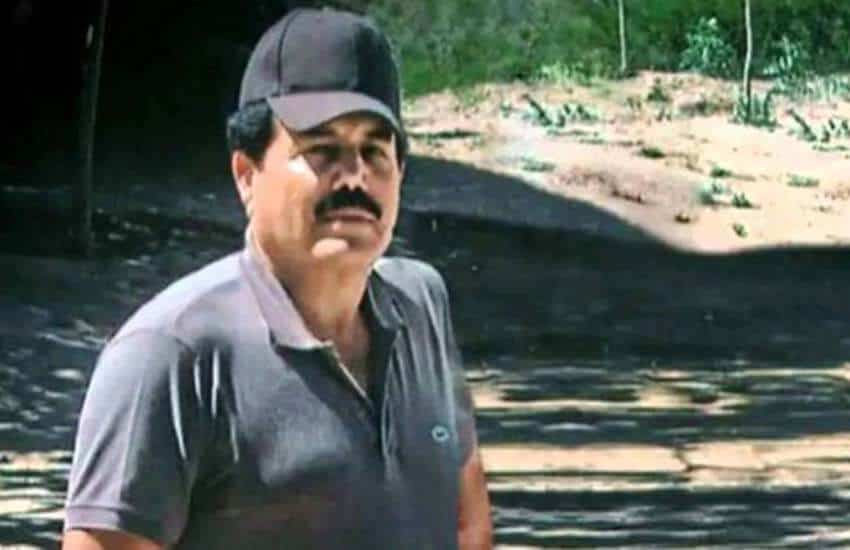
The reward for the capture of Zambada, who has never been imprisoned despite being involved in the illegal drug trade for decades, is now the second-highest on offer for a Mexican trafficker. The FBI is offering a reward of up to $20 million for information leading to the arrest of Rafael Caro Quintero, former leader of the defunct Guadalajara Cartel and currently an alleged Sinaloa Cartel member wanted for his involvement in the 1985 kidnapping and murder of Drug Enforcement Administration special agent Enrique “Kiki” Camarena. Caro Quintero was convicted by a court in Mexico in 1989 and sentenced to 40 years in prison but released in 2013 on a technicality and remains at large.
There are rumors that Zambada is in hiding in the mountains of northern Mexico as he admitted as much in a 2010 interview in which he also said he had a wife, five other female companions, 15 grandchildren and one great-grandchild.
“The six of them are here, on my ranches; they are daughters of the mountain as I am a son of the mountain. The mountain is my home, … my protection, my land,” said Zambada, who conceded he was afraid of being arrested.
“Will you be caught?” asked a journalist from the news magazine Proceso. “[It could happen] at any time, or never,” El Mayo said.
Prior to the State Department announcing the increased reward for the capture of Zambada, the U.S. Department of Treasury said in a statement that its Office of Foreign Assets Control (OFAC) had designated Sinaloa Cartel member Sergio Valenzuela Valenzuela as a “specially designated narcotics trafficker.”
“Based in Nogales, Sonora, … Valenzuela Valenzuela is a Sinaloa Cartel plaza boss. In that role, he oversees a major drug trafficking corridor in Mexico, is responsible for smuggling tons of fentanyl and other drugs into the United States and reports directly to the leader of the Sinaloa Cartel, Ismael Zambada García (a.k.a. ‘El Mayo’),” the Treasury Department said.
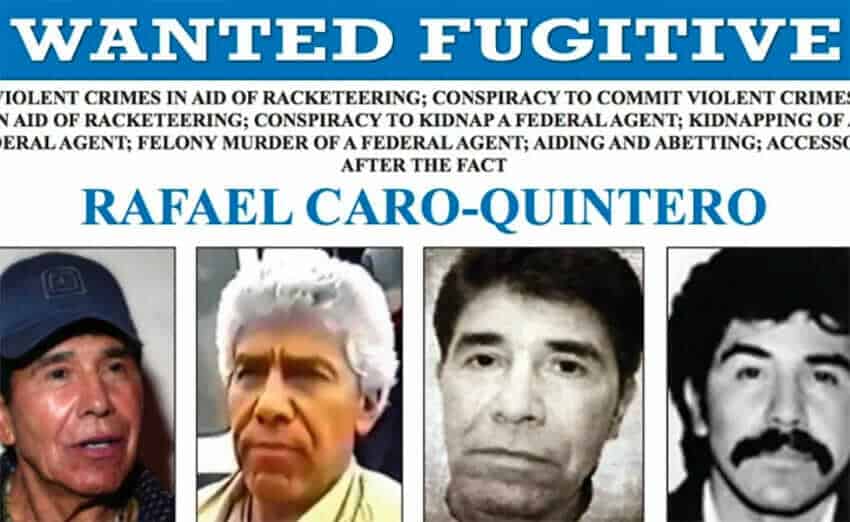
The OFAC also designated seven other Mexican nationals and two Mexican companies as providing material assistance to Valenzuela.
“As a result of today’s action, all property and interests in property of the designated individuals and entities that are in the United States or in the possession or control of U.S. persons must be blocked and reported to OFAC,“ the Treasury Department said.
